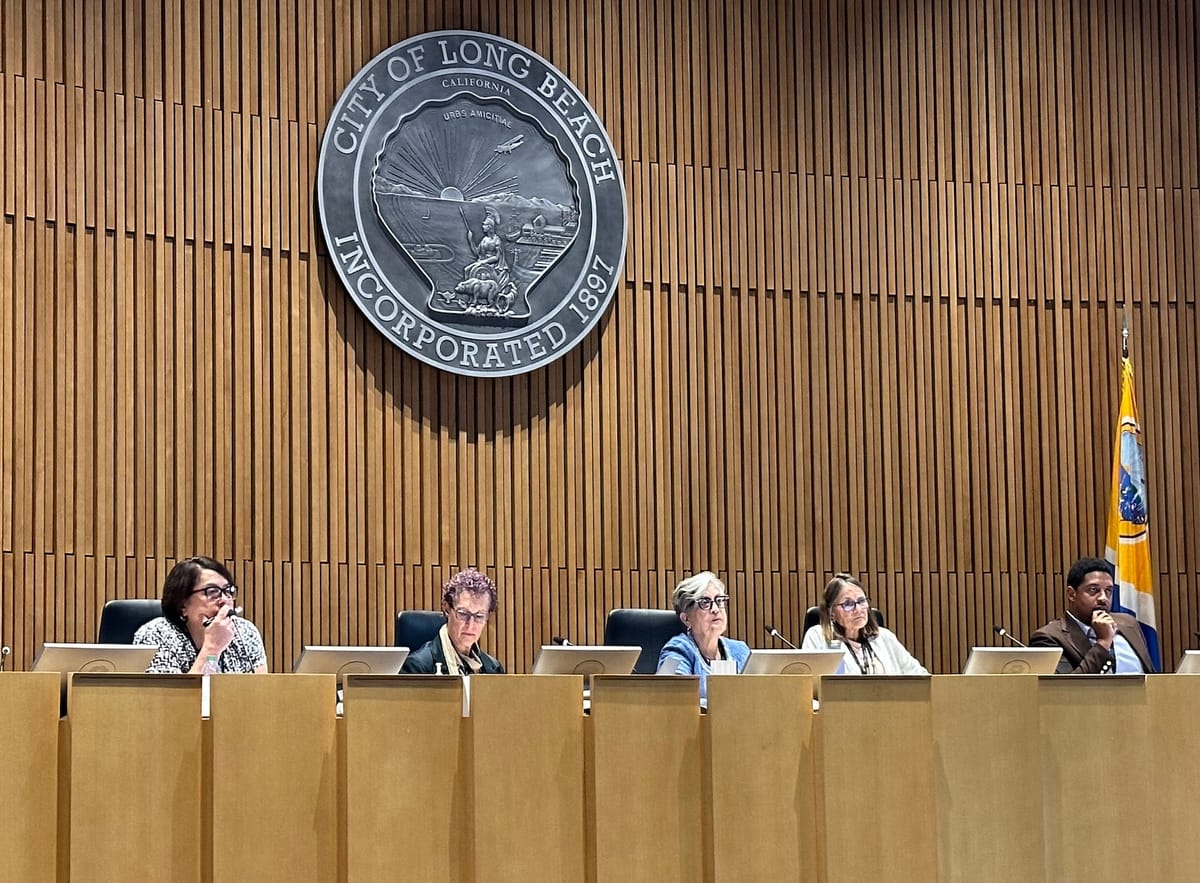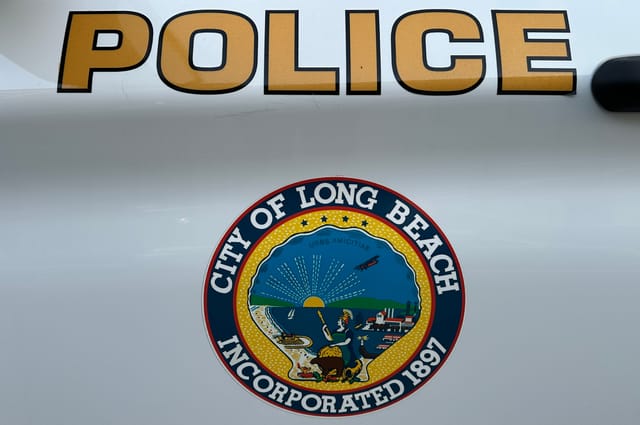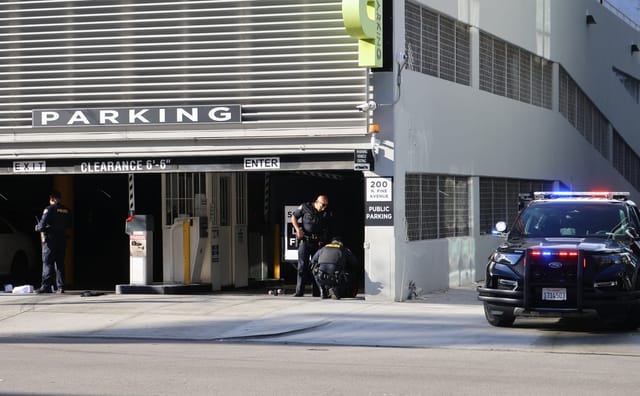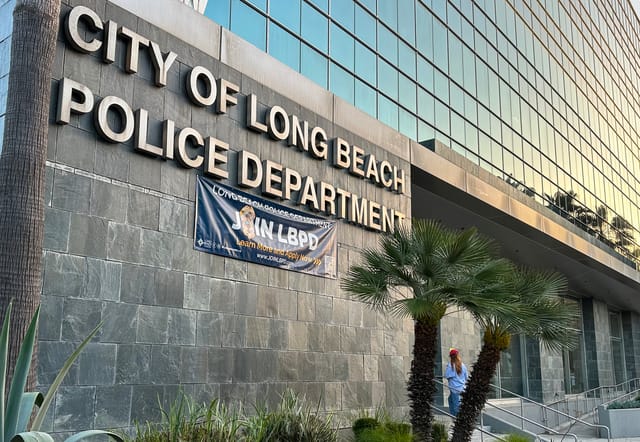Long Beach Ethics Commission readying beefed up lobbyist law for City Council approval
The law requires lobbyists to disclose their meetings with city officials, and the proposed changes could broaden requirements to increase transparency.

The Long Beach City Council could soon be asked to overhaul the city’s law governing lobbying activities and it could see city officials be required to maintain public calendars to show who they meet with and substantially lower the bar for when activity is considered lobbying.
The Long Beach Ethics Commission unveiled a draft of recommendations Wednesday that it plans to forward to the City Council to consider, something the commission could vote on as soon as August.
But one of the more controversial amendments the commission had been considering was not included in the list. Stripping an exemption from nonprofits to have to register as lobbyists for their discussions with city leaders is not part of the plan being sent to the council.
Nonprofit leaders had mobilized against the idea that their work representing impoverished communities, immigrants and artists in the city should be subject to the same rules as developers and other business interests.
“I think maintaining the exemption is important to maintain the equity and access that the city has,” said Michelle Byerly, the executive director of The Nonprofit Partnership, who thanked the commission for hearing their concerns.
The move comes after nearly two and a half years of discussions over possible changes to the city’s law, which was adopted in 2010 but has yielded no fines or prosecutions for violating the ordinance.
City Councilmembers adopted the law after emails showed a city lobbyist had taken a city official on a trip while also lobbying for a client who had a project in the pipeline with the city.
The current law has tiers of when certain lobbyists have to register with the city, using compensation and the number of hours spent meeting with city officials per quarter as triggers.
To date, no lobbyist has been found in violation of the ordinance. Violating the ordinance is punishable with fines, misdemeanor charges and temporary bans from lobbying in the city.
The proposal would categorize most lobbyists as “contact lobbyists” and would require them to register with the City Clerk after three contacts in a calendar month. The level of disclosure could also increase with the specific projects being discussed, property addresses and positions taken on an issue proposed as required disclosures in the future.
The proposal would also change when a “contact” occurs with the commission recommendations stating that lobbying can happen even when an issue is not on a city meeting agenda.
Lobbyists could also have to provide copies of materials presented to city leaders during their meetings with them, which would become public records.
Commissioner Chief Coleman said he supported the idea but wanted to ensure that the proposed ordinance wouldn’t risk businesses compromising their proprietary information or possibly withholding information during those meetings because of the new requirement, which could leave city leaders with less information to make an informed decision.
Some commissioners have said that loopholes and lax reporting requirements could have contributed to non-compliance, something that has been nearly impossible to track under the current model, which relies on self-reporting from lobbyists.
The changes proposed by the commission could shed light on how city policy decisions are made and who sits at the table with decision-makers before they are finalized.
“Lobbying is important to informed decision-making,” a commission report said. “At the same time, disclosure to the public of major influences on the decision-making process will build and improve trust in the outcomes and in city government. The public wants and deserves to know who the major influences are.”
The report said that requiring city leaders to publicly disclose who they are meeting with could provide a valuable check against lobbyist disclosures.
The recommendations forwarded to the council Wednesday define “city leaders” as the mayor, city council members, other elected positions, the city manager and their deputies as well as department heads. They’d be required to post their calendars monthly for public review under the proposed changes.
It’s unclear how much funding would be required to implement the proposed changes but the commission’s report acknowledged that elected officials could need more staff to comply with the proposed changes and the City Clerk’s office could need funding for education and to handle an increased volume of lobbyist disclosures.
The recommendations also call for a periodic review of the lobbyist ordinance every five years to see if there are more necessary changes.
Commissioners could vote at their August meeting to forward the recommendations to the City Council, which will have ultimate authority on if the proposals are accepted.
We need your support.
Subcribe to the Watchdog today.
The Long Beach Watchdog is owned by journalists, and paid for by readers like you. If independent, local reporting like the story you just read is important to you, support our work by becoming a subscriber.





